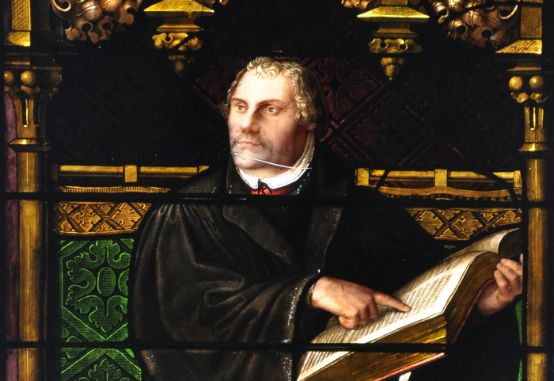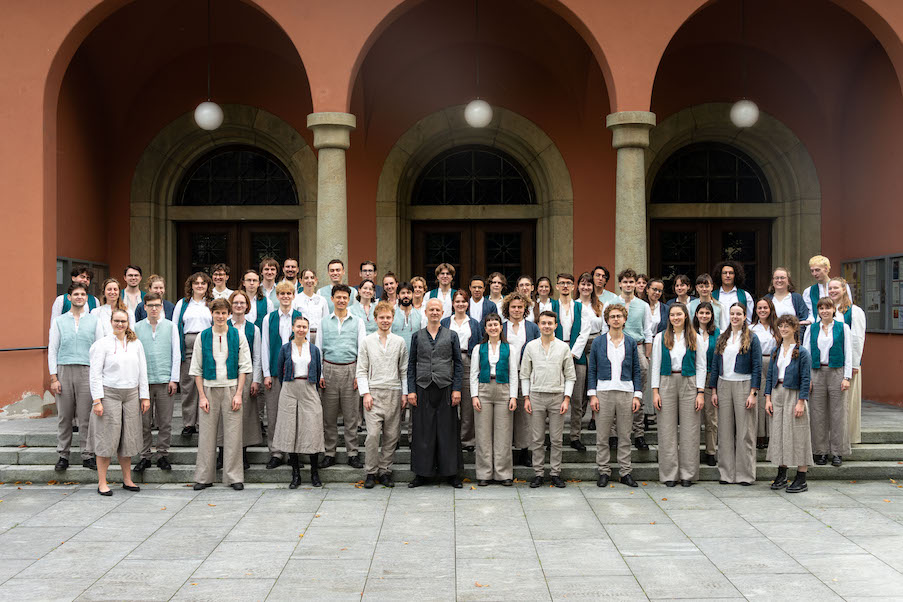Luther's chorales
An informative and practical book devoted to these fundamental works of Reformed music.

Martin Luther was not only a great reformer, but also a discerning music lover who composed 43 hymns intended to be sung in the vernacular by the faithful during worship. These chorales shaped the musical identity of the Reformation, and were often taken up by numerous composers, either on the organ as a prelude to congregational singing, or in cantatas and oratorios, but also in works such as the symphony Reformation by Mendelssohn, whose final movement features one of Luther's most famous chorales, Ein' feste Burg ist unser Gott. Other early Protestant composers, such as Johannes Eccard, were quick to expand the repertoire of sacred songs for the faithful, using Luther as their model.
Yves Kéler's book on these fundamental works of Reformed music is designed to be both instructive and practical. It presents each chorale text in the original German, with a translation, a survey of the sources from which Luther drew - including, where applicable, the Latin or German poems used - a mention of any variants in the text, a short theological study of the concepts developed therein, and the origins and description of the melody. In addition to an overview of the Reformer's life, there is a more general study of the 43 hymns, their cultic use as advocated by Luther, their typology, prosody and metrical cut. It's worth noting that Luther drew not only on Latin, but also on German sources for the composition of his chorales, since vernacular songs were already being sung in the Holy Roman Empire as early as the 12th century - not to mention the half-Latin, half-German Mischlieder, such asIn dulci jubilo, singt alle und seid froh. The second part contains all the scores of these hymns in rhymed French, nine in monodic version and the remaining 34 harmonized in four voices, for use in worship services of course, but potentially also for masses, since some of these hymns can also be used in this context - all the more so since Luther often drew inspiration from existing Gregorian melodies.
Yves Kéler, Les 43 chants de Martin Luther, (= Guides musicologiques No. 7), 480 p., € 76.00, Editions Beauchesne, Paris 2013, ISBN 978-2-7010-1590-3









